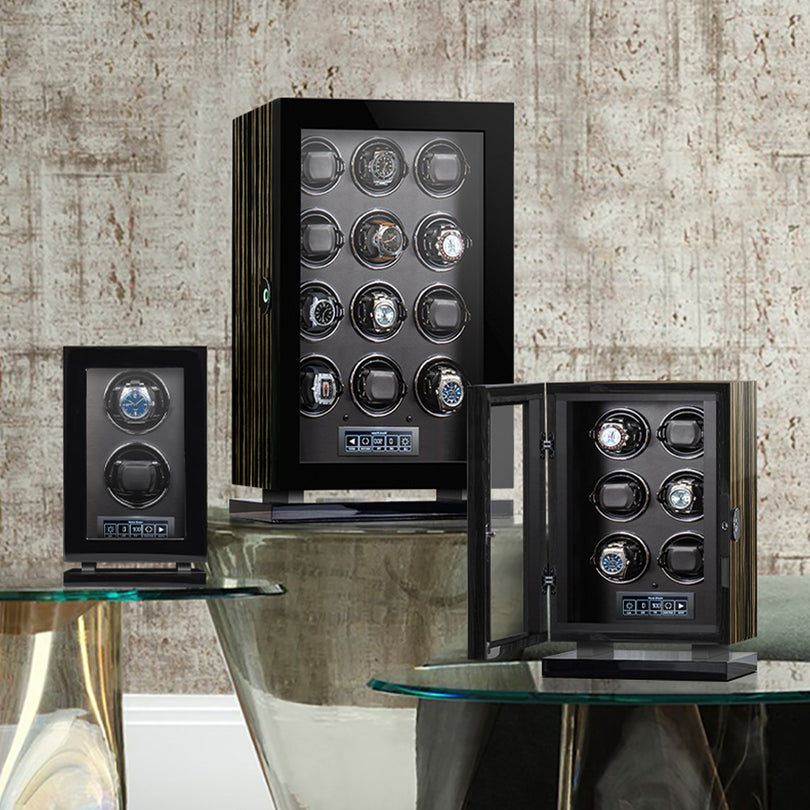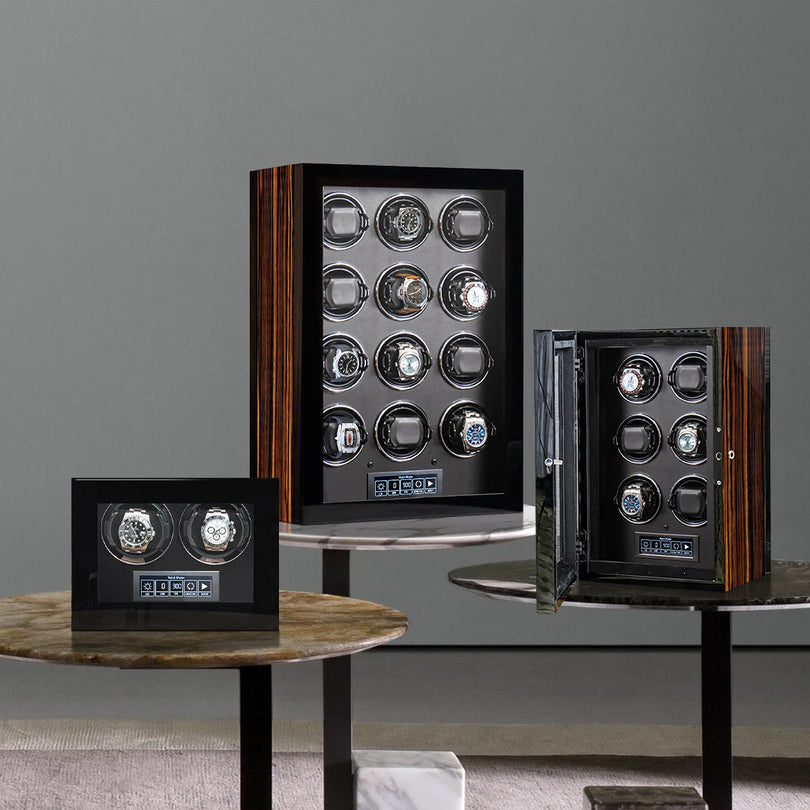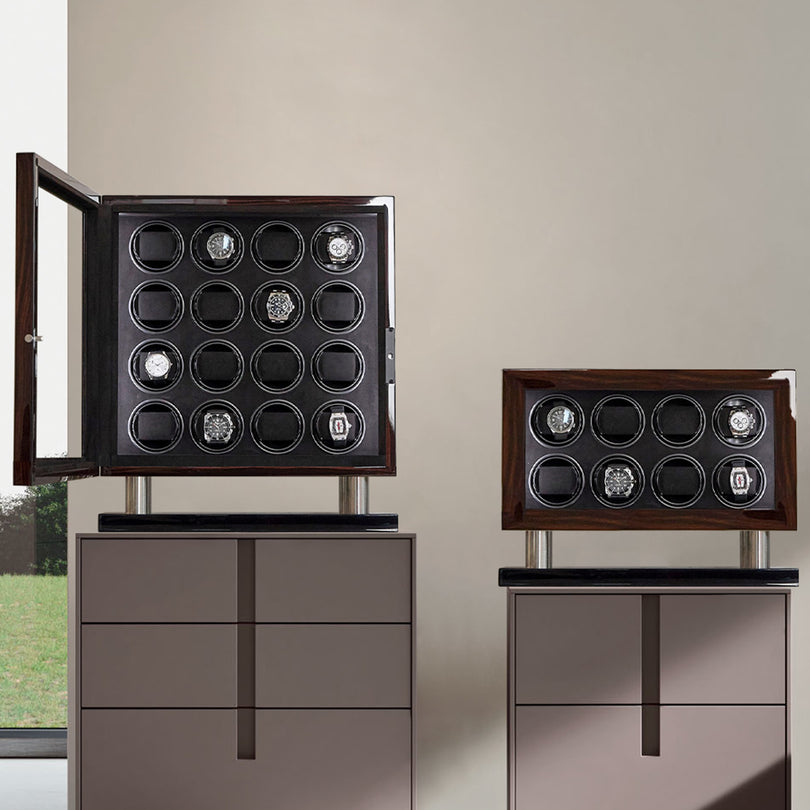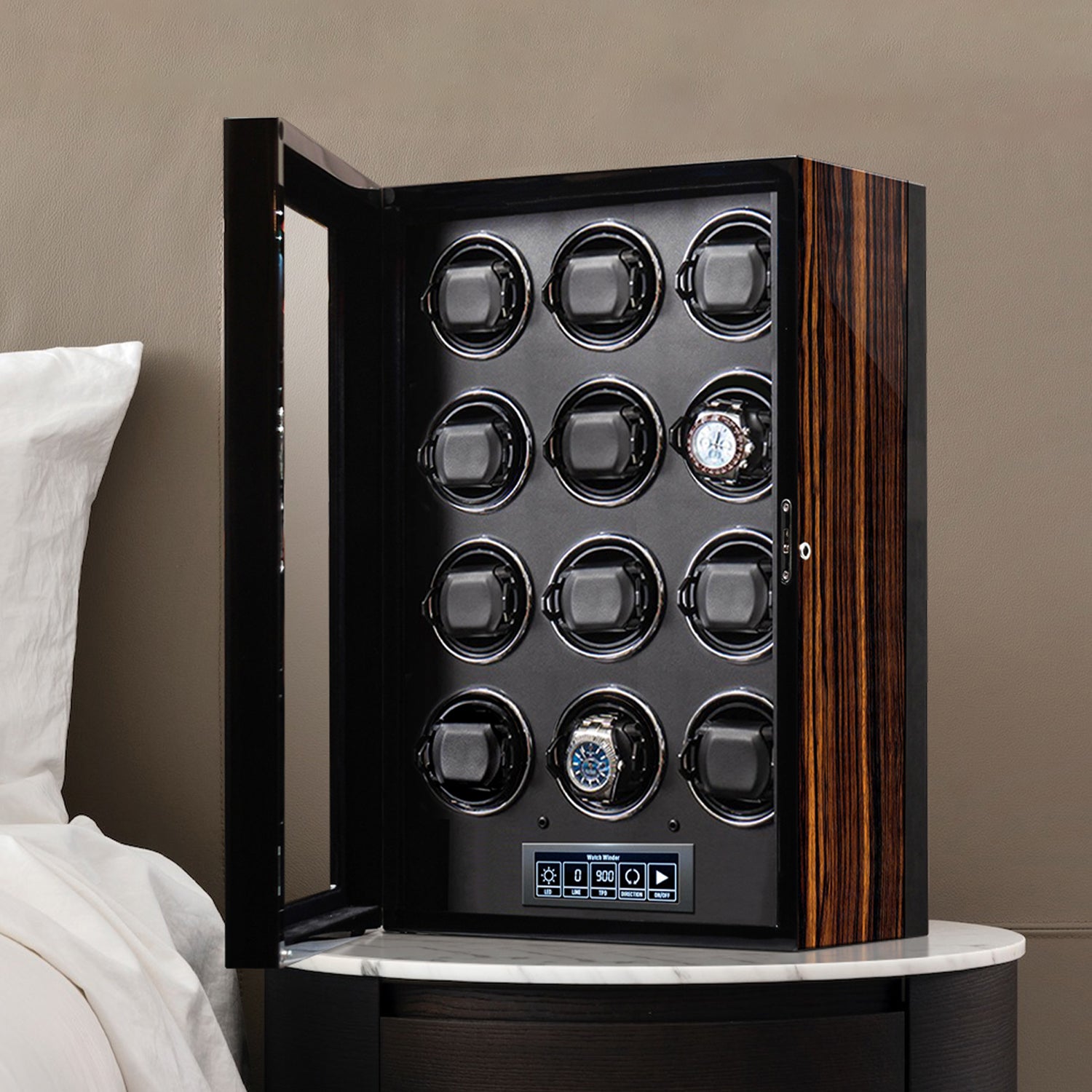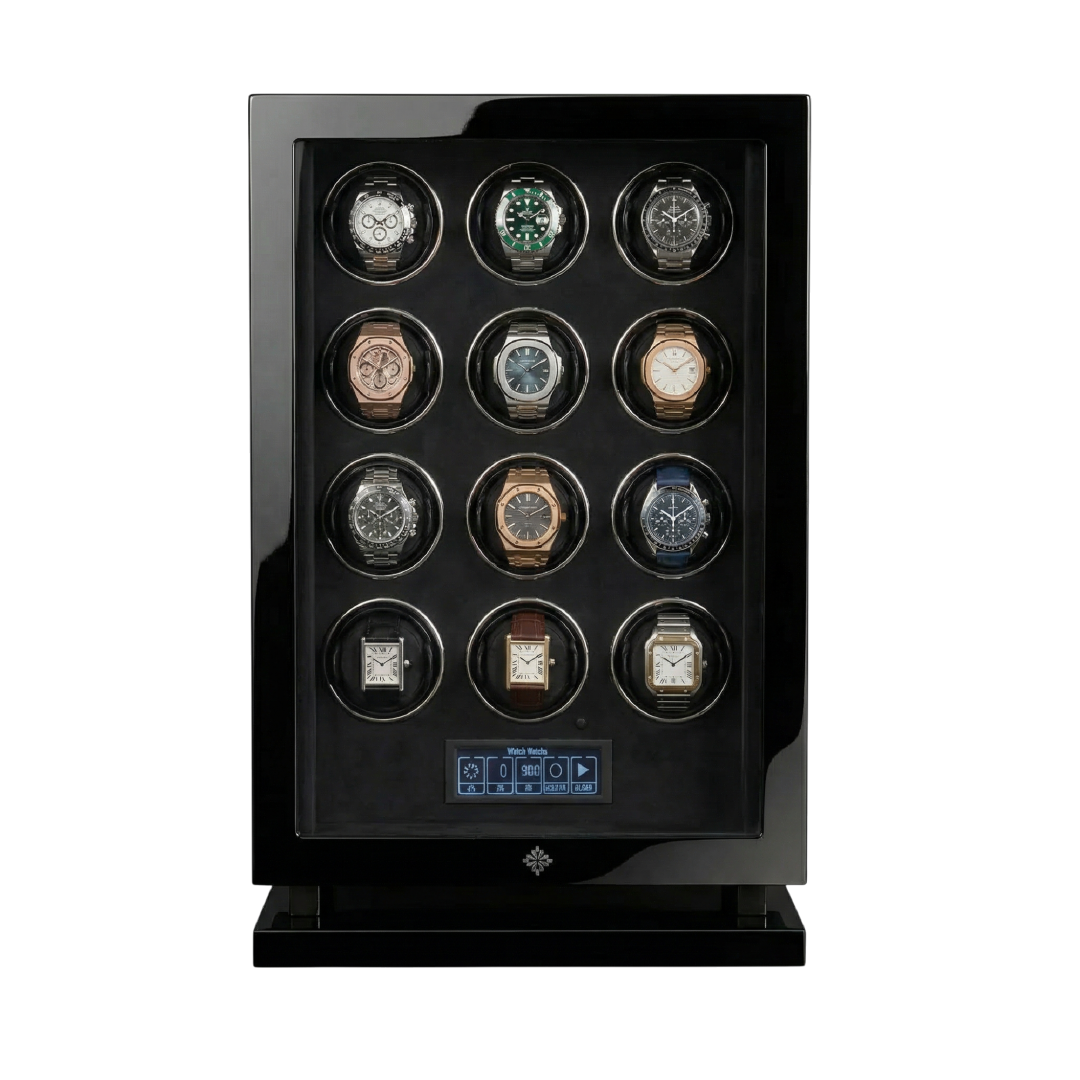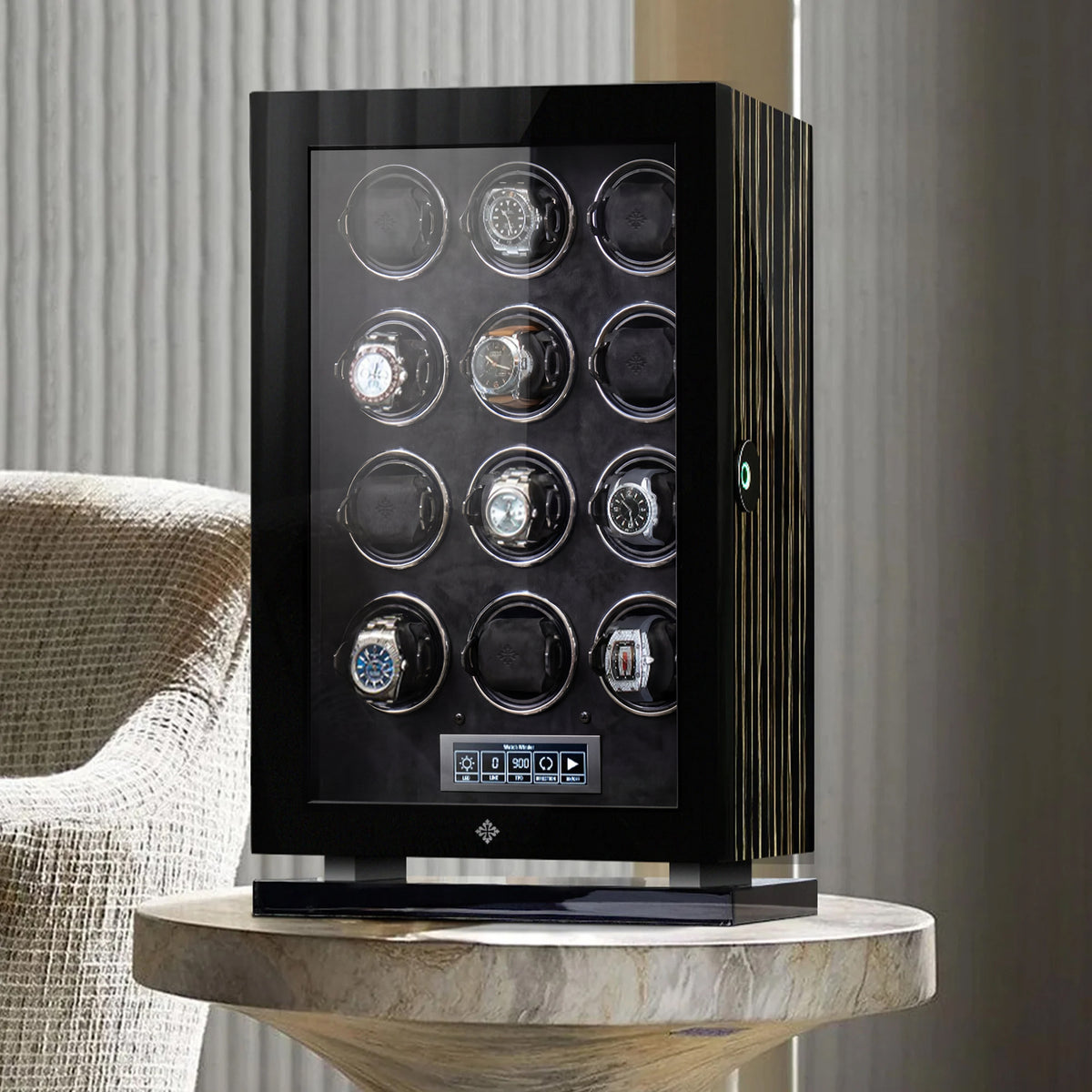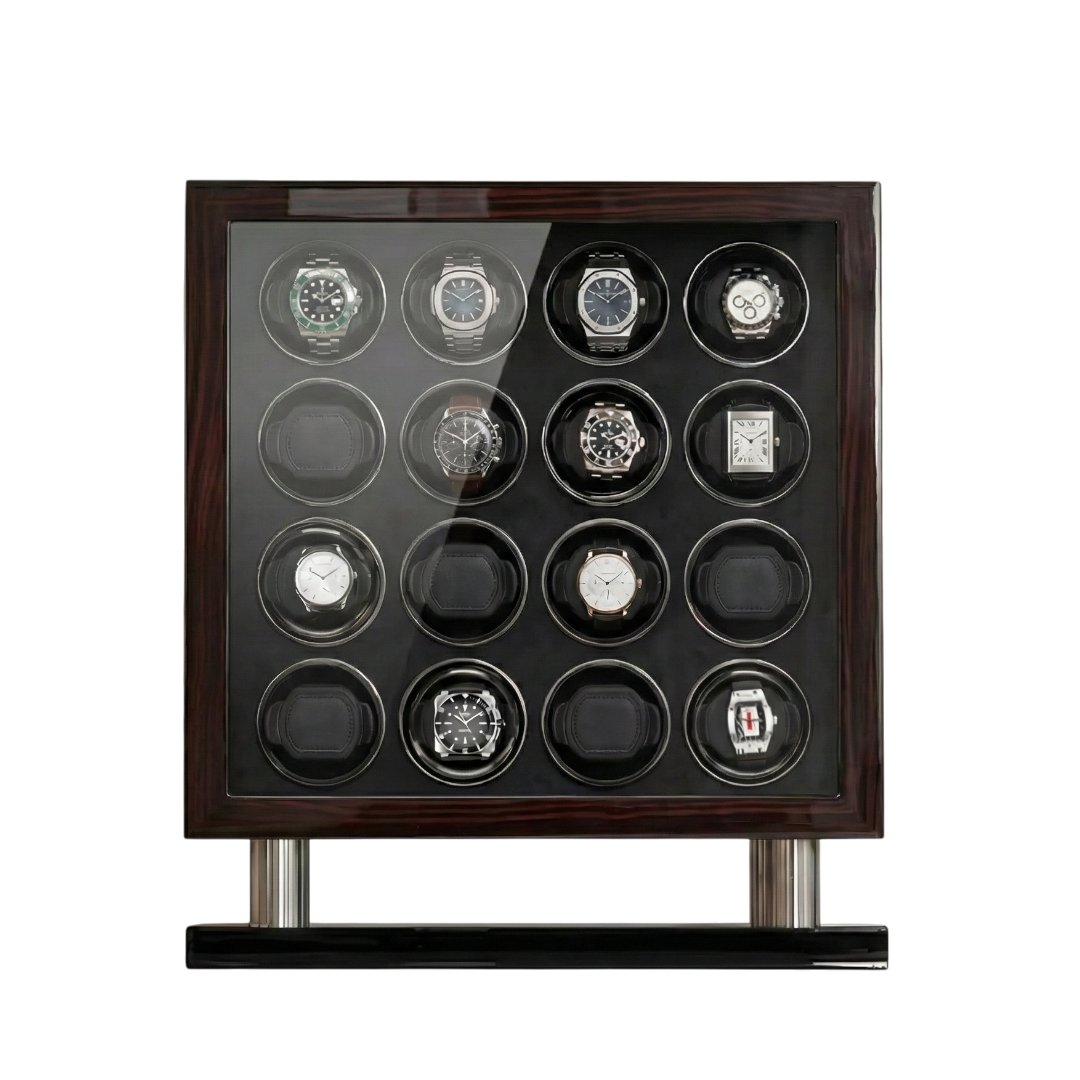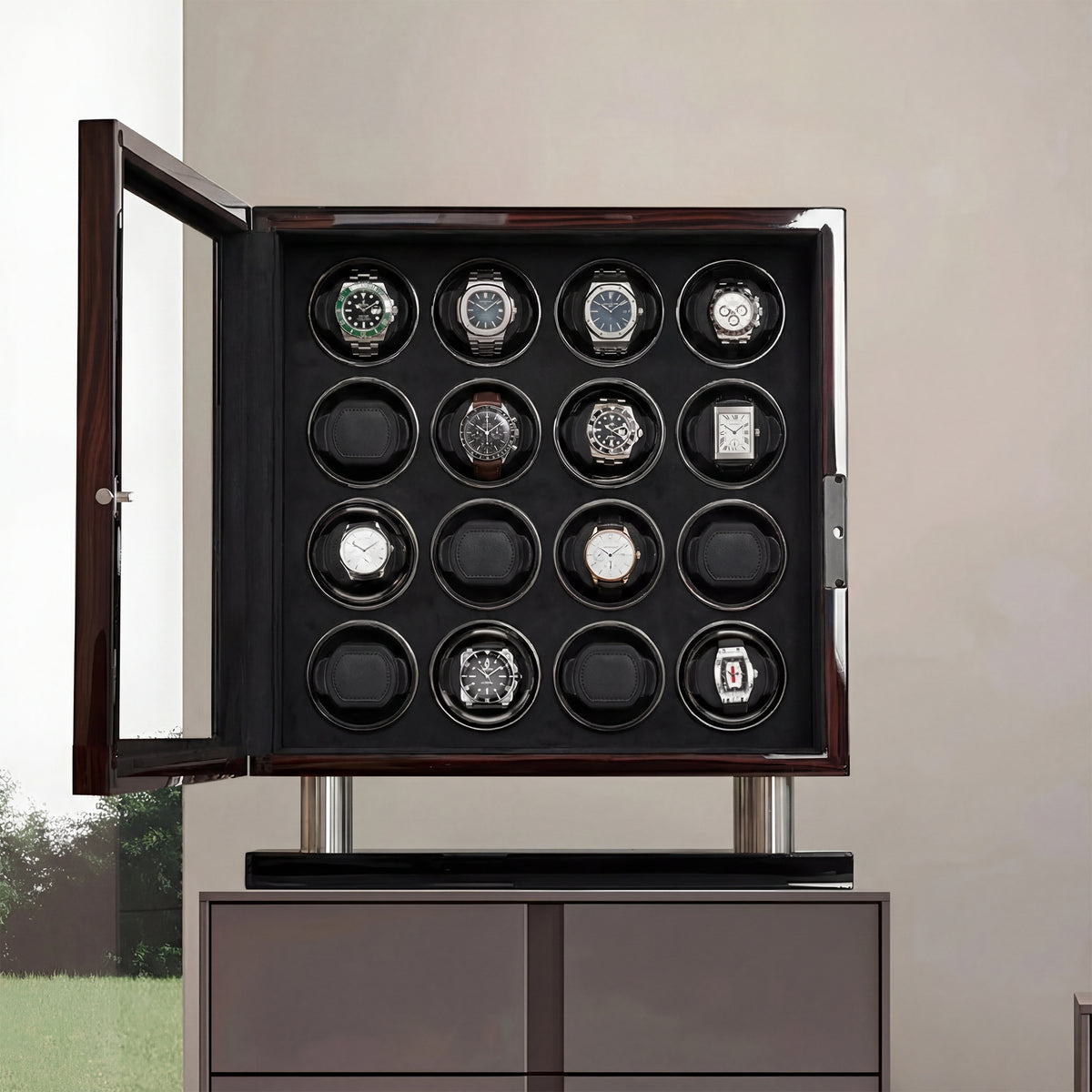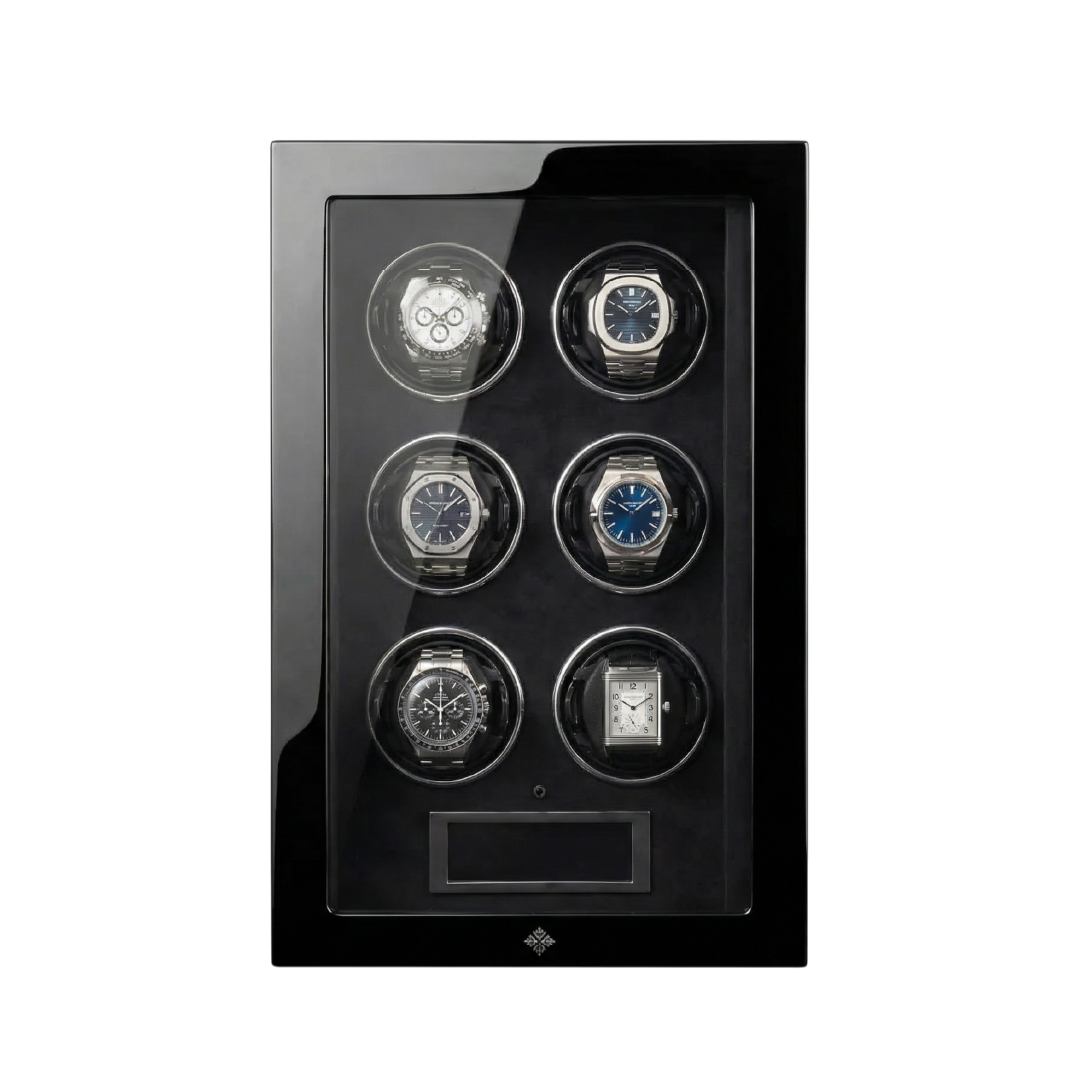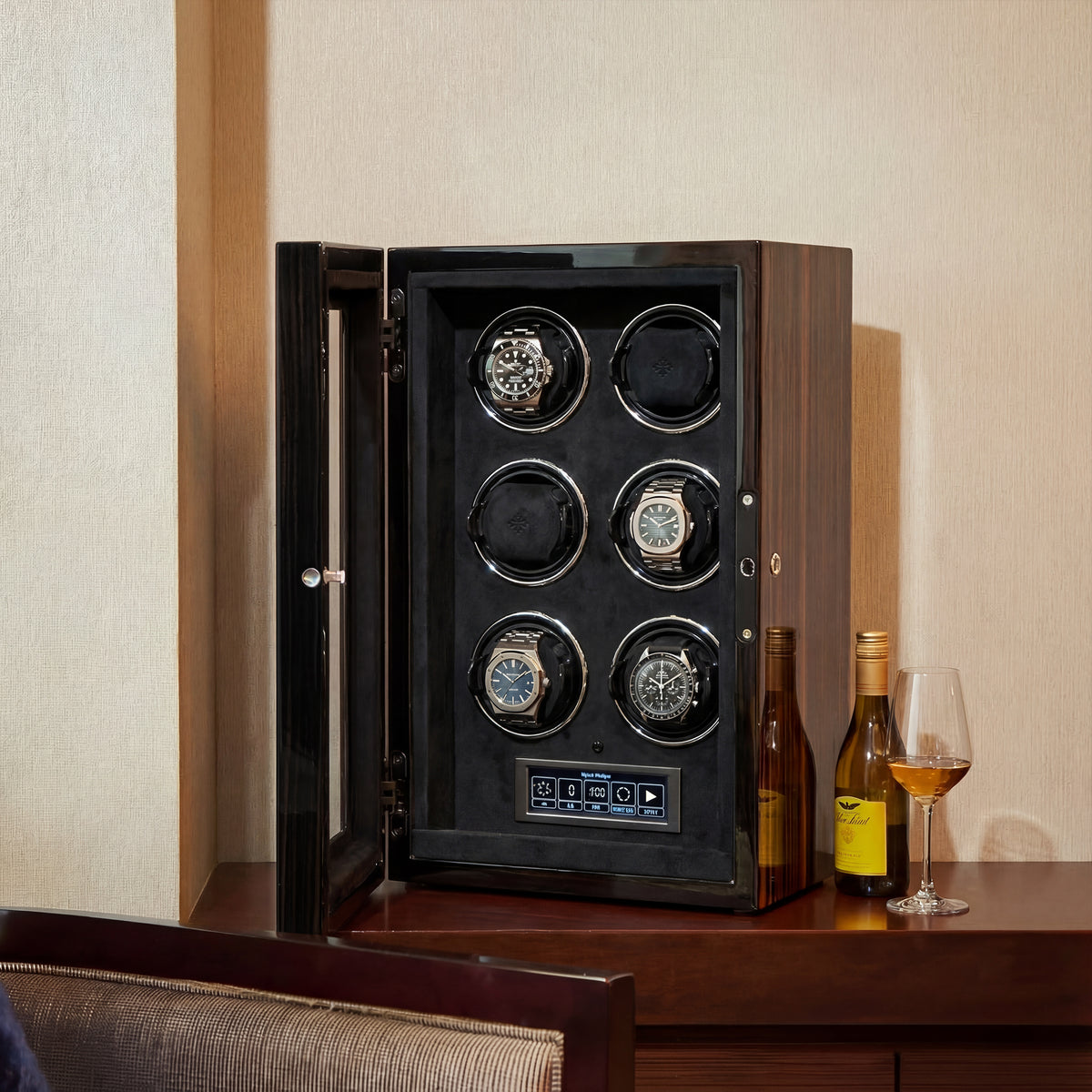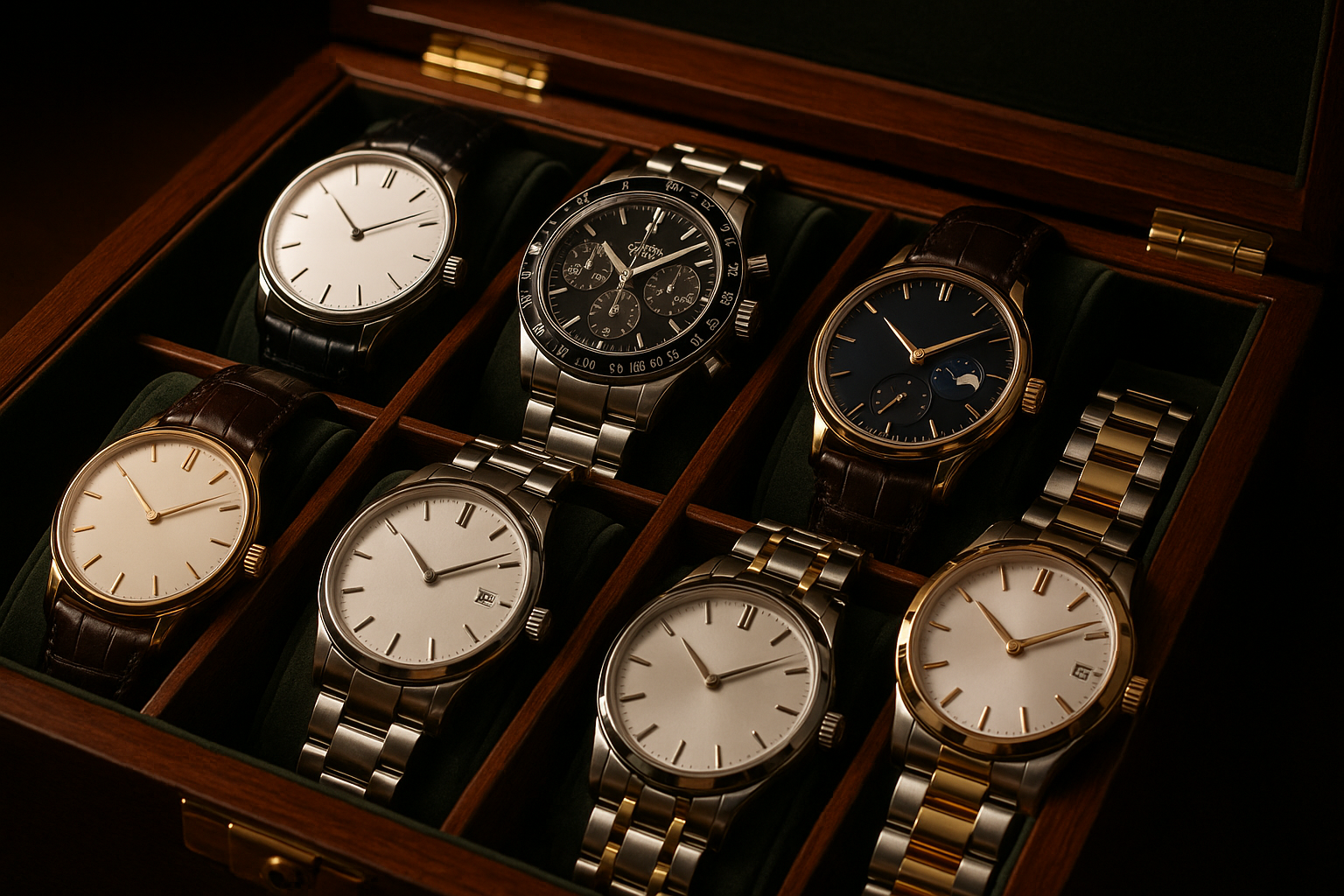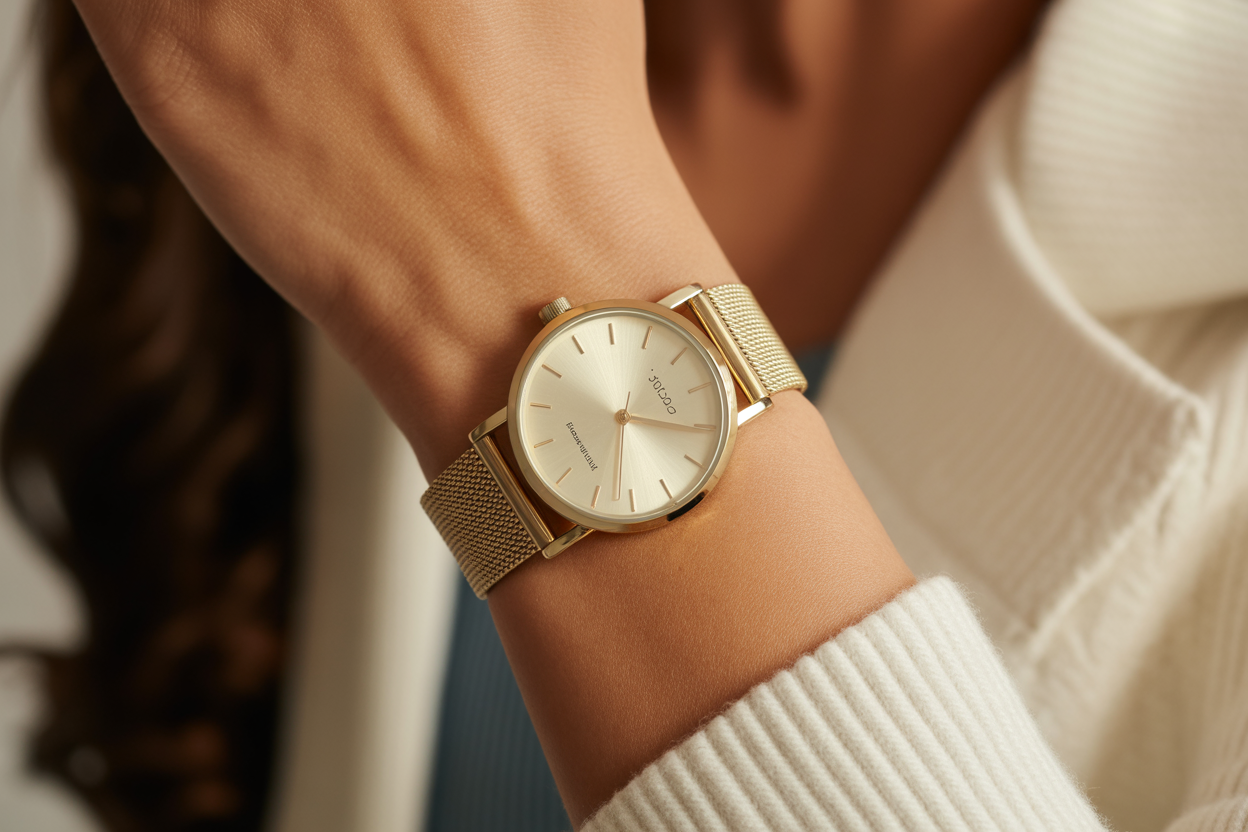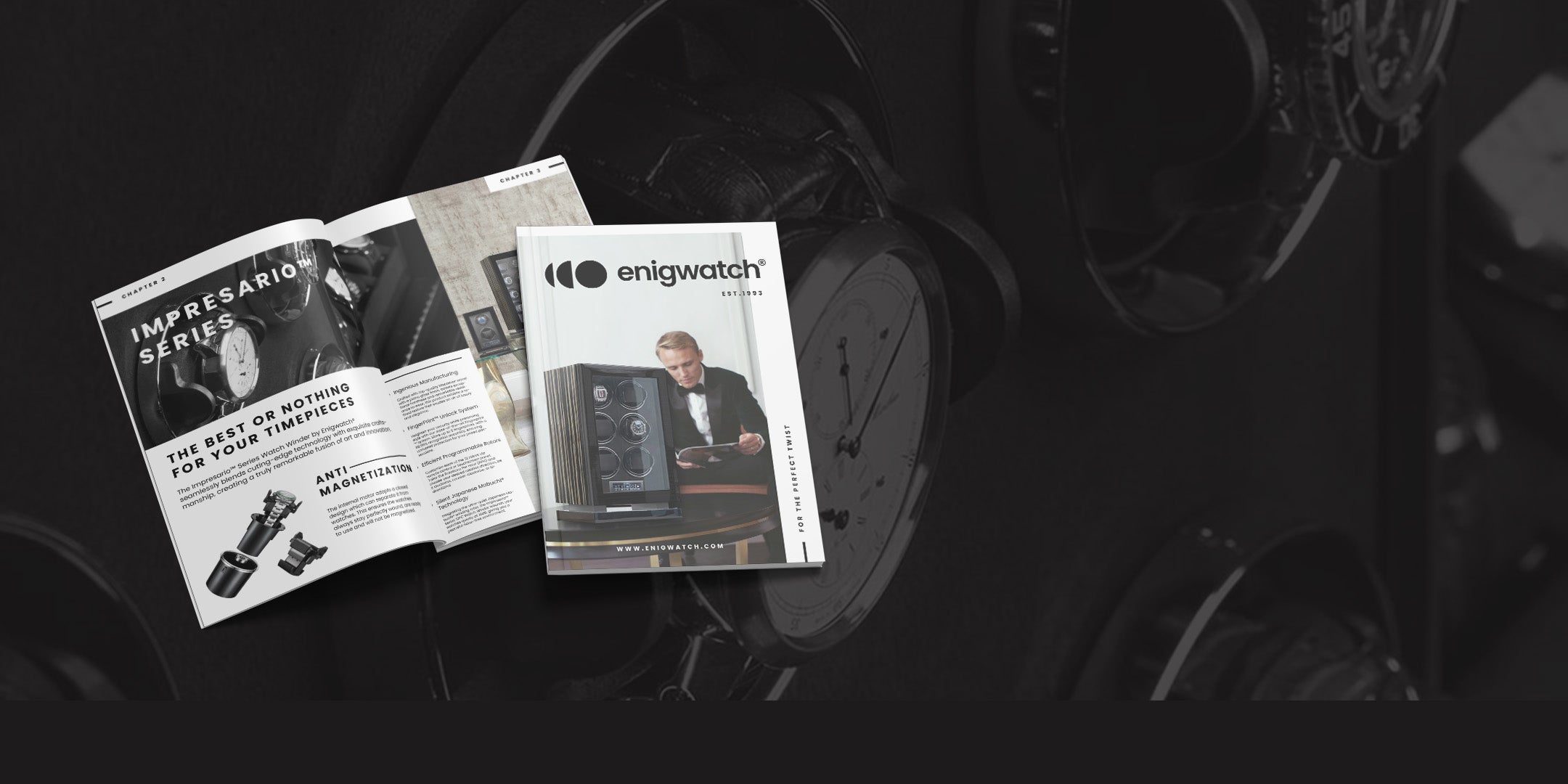When it comes to high-end watches, there are two names that stand out as titans of timepieces. Each has its own history and timeless appeal. Watch fans have been enthralled with Tissot vs Tudor for decades, two well-known brands with a long history.
This article will talk about and compare the interesting worlds of Tissot and Tudor, including their histories, designs, materials, movements, accuracy, prices, and values. The goal is to help you choose the one that best fits your style and preferences.
A Glimpse into History: Tissot vs Tudor
Tissot was founded in 1853 in the Swiss town of Le Locle and it has a profound heritage steeped in Swiss watchmaking traditions. From the very beginning, Tissot embraced innovation and craftsmanship, garnering a reputation for precision and reliability.

On the other hand, Tudor, established in 1926 by the founder of Rolex, Hans Wilsdorf, has its roots firmly embedded in the heritage of its parent company. Tudor watches were created to offer the same superior quality and performance of Rolex but at a more accessible price point.
You might also like: Hublot vs Tissot: 2023 Full Brand Comparison
Design and Materials: Tissot vs Tudor
Both Tissot and Tudor possess a distinctive design language that caters to diverse tastes. Tissot blends modern aesthetics with classic elements, creating timepieces that exude contemporary elegance. Their watches often feature clean dials, refined details, and a wide range of materials, including stainless steel, ceramic, and titanium, offering versatility for various occasions.
Tudor, known for its sturdy and athletic appeal, creates timepieces that inspire a spirit of exploration and adventure. Their creations honor the company's classic models, like the Tudor Submariner and Black Bay, by fusing contemporary elements with a touch of nostalgia. In order to guarantee quality and longevity, Tudor also makes use of high-end materials like ceramic, gold, and stainless steel.
You might also like: Tissot vs Seiko: Which One Suits Your Style Best?
The Movement and Accuracy: Tissot vs Tudor
When it comes to the movement and accuracy of a timepiece, Tissot and Tudor have both established their reputation for exceptional precision and reliability. Let's dive deeper into how these two brands approach movement technology and deliver accuracy in their watches.
Tissot, known for its commitment to innovation, offers a wide range of movement options to cater to different preferences. They utilize both mechanical and quartz movements in their watches. Tissot's mechanical movements are crafted with meticulous precision, often incorporating advanced features such as chronographs, power reserves, and date complications. These automatic movements are renowned for their accuracy, with many of them certified as chronometers by COSC (Contrôle Officiel Suisse des Chronomètres), an independent Swiss organization that tests and certifies the precision of timepieces.
In addition to mechanical movements, Tissot also embraces quartz technology, which provides exceptional accuracy and reliability. Quartz movements offer the advantage of precise timekeeping through the use of a battery-powered quartz crystal, which oscillates at a high frequency. Tissot's quartz watches are celebrated for their affordability, accuracy, and low-maintenance requirements.
Turning our attention to Tudor, the brand takes pride in its dedication to mechanical movements, synonymous with traditional Swiss watchmaking excellence. Tudor timepieces house automatic movements, often developed in-house, further solidifying the brand's commitment to precision and craftsmanship. These movements are designed, assembled, and rigorously tested to ensure optimal accuracy and reliability.
Tudor's movements also undergo stringent testing by COSC, earning the esteemed chronometer certification. This certification guarantees that the movement meets strict criteria for accuracy and precision. By achieving chronometer status, Tudor solidifies its position as a brand that delivers exceptional timekeeping performance.
You might also like: Invicta vs Tissot: Which One to Choose?
Price and Value: Tissot vs Tudor

Tissot, known for its accessible luxury, offers a wide range of timepieces at varying price points. Tissot's pricing strategy allows them to reach a broader audience without compromising on quality or design. Their watches provide an excellent entry point ($500 - $1,500) into the world of Swiss luxury watches, making them appealing to both newcomers and seasoned collectors.
Tissot's price range typically falls within the mid-range category, making their timepieces more affordable compared to some other luxury watch brands. Despite their relatively lower price point, Tissot watches maintain a high level of craftsmanship, incorporating quality materials, innovative features, and attention to detail. This combination of affordability and quality contributes to the overall value proposition offered by Tissot.
On the other hand, Tudor positions itself as a brand that bridges the gap between luxury and affordability ($2,000 - $10,000). As a sister brand of Rolex, Tudor benefits from the expertise and heritage of its renowned parent company. Tudor watches are crafted with meticulous precision and embody the essence of timeless luxury.
With Tudor, you can expect a higher price range compared to Tissot. However, the price increase is justified by the brand's commitment to using premium materials, in-house movements, and stringent quality control measures. Tudor's reputation for exceptional craftsmanship, durability, and design excellence contributes to the perceived value of their timepieces.
Furthermore, Tudor's association with the Rolex name adds an element of prestige and heritage, further enhancing the value proposition. While Tudor watches may have a higher price tag, they provide a more affordable entry point into the realm of luxury Swiss watches when compared to their Rolex counterparts. This makes Tudor an attractive choice for those seeking a touch of luxury without reaching the upper echelons of pricing.
Tissot vs Tudor - What Are Your Options?
First things first, Is Tissot a luxury brand? No, it wouldn't traditionally be classified as a full-fledged luxury brand. It falls more into the category of "accessible luxury". This means Tissot offers high-quality Swiss-made timepieces with exceptional craftsmanship and materials, but at a more attainable price point compared to top-tier luxury brands.
Now, how does this translate to Tudor vs Tissot? Tudor, on the other hand, positions itself as a more established luxury brand. It's a sister company to the renowned Rolex, and their watches often incorporate Rolex technology and heritage at a slightly lower price tag. This makes Tudor a compelling option for those seeking the prestige of a luxury brand without the hefty price tag often associated with Rolex.
So, which brand reigns supreme in the Tissot vs Tudor battle? Ultimately, the answer depends on your individual priorities. If you prioritize affordability and excellent value for money, Tissot presents a fantastic option. However, if the allure of a prestigious luxury brand name and the association with Rolex technology is more important, then Tudor might be the better choice.
Watch Winder Recommendations for Tissot vs Tudor Watches
Owning a Tissot or Tudor watch represents unrivaled luxury and sophistication. To keep these beautiful masterpieces in pristine condition, choose the right watch winder. A high-quality watch winder not only keeps these exquisite watches running smoothly, but also exudes elegance and style.
For those who cherish their million-dollar watches, we recommend three exceptional watch winders that offer the perfect blend of functionality, security, and aesthetic appeal.
Impresario Series 12 Watch Winder for Elite Collections
IMPRESARIO™ Series 12
Macassar wood, Fingerprint™ security, programmable rotors, silent Mabuchi® tech, touchscreen settings. Luxurious display for discerning collectors.
Discover NowBest Deals
The Impresario Series 12 Watch Winder is an exemplary choice for those who own multiple high-value automatic watches, such as Tissot or Tudor. This winder features silent Japanese Mabuchi rotor technology, ensuring that your watches are wound in a quiet and undisturbed manner, ideal for placement in bedrooms or quiet study rooms. The design of the Impresario Series 12 is both sleek and contemporary, making it a stylish addition to any luxury space.
The winder is equipped with a touchscreen interface, allowing for easy customization of winding settings for each watch, including brightness, turns per day, and rotation direction. The security of your valuable collection is paramount, and the fingerprint-locking system provides peace of mind, ensuring that only you have access to your watches.
Specs:
- Dimensions: L. 20.4 x W. 14.1 x H. 27.9 inch
- Weight: 18.55 kg/40.8 lbs
- Power Supply: 5V3A
Virtuoso Series 6 Watch Winder for Refined Elegance
VIRTUOSO™ Series 6
Ebony Macassar, silent Mabuchi® tech, touch controls, key lock, supports 99% automatic watches. Perfect for cherished timepieces with smart remote control.
Discover NowBest Deals
The Virtuoso Series 6 Watch Winder is another excellent option for safeguarding and showcasing your Tissot or Tudor watches. This winder combines advanced technology with a refined design, making it a luxurious addition to any watch collection. Its silent operation ensures that your watches are wound without any disturbance, maintaining a peaceful environment.
The Virtuoso Series 6 also features a touchscreen for easy customization of each watch's winding settings. Its sophisticated design not only winds your watches efficiently but also displays them in a manner befitting their high value.
Specs:
- Dimensions: L. 14.5 x W. 11.8 x H. 20.4 inch
- Weight: 8.68 kg/19.1 lbs
- Power Supply: 5V3A
Yachtline Series 16 Watch Winder for Ultimate Luxury
YACHTLINE™ Series 16
This exquisite watch winder combines superior craftsmanship, precise rotation settings, optimal protection, silent operation, ample storage, and elegant design
Discover NowBest Deals
For those with an extensive collection of luxury watches, the Yachtline Series 16 Watch Winder is the height of luxury and functionality. Designed to accommodate up to 16 watches, this winder is perfect for collectors of Tissot or Tudor timepieces. Its state-of-the-art winding technology ensures that each watch receives the precise amount of movement it requires.
The Yachtline Series 16's design, inspired by the luxury of yachts, combines wood and leather to create a visually stunning piece. The combination of functionality and aesthetics makes it an essential addition to any luxury watch collection.
Specs:
- Dimensions: L. 9 x W. 17 x H. 20.5 inch
- Weight: 30 lbs/13.6 kg
- Power Supply: 5V2A
You might also like: 3 Best Watch Winders for Tissot For Investment
Conclusion
In conclusion, both Tissot and Tudor possess distinct identities that appeal to a wide range of watch enthusiasts. Tissot offers contemporary elegance and precision, while Tudor captures the spirit of adventure and timeless style. Ultimately, the choice between these two iconic watchmakers boils down to personal preference, style, and budget. Whether you're drawn to Tissot's affordability or Tudor's connection to the Rolex heritage, both brands promise to grace your wrist with exceptional craftsmanship and enduring beauty.
So, which brand suits your style best?

